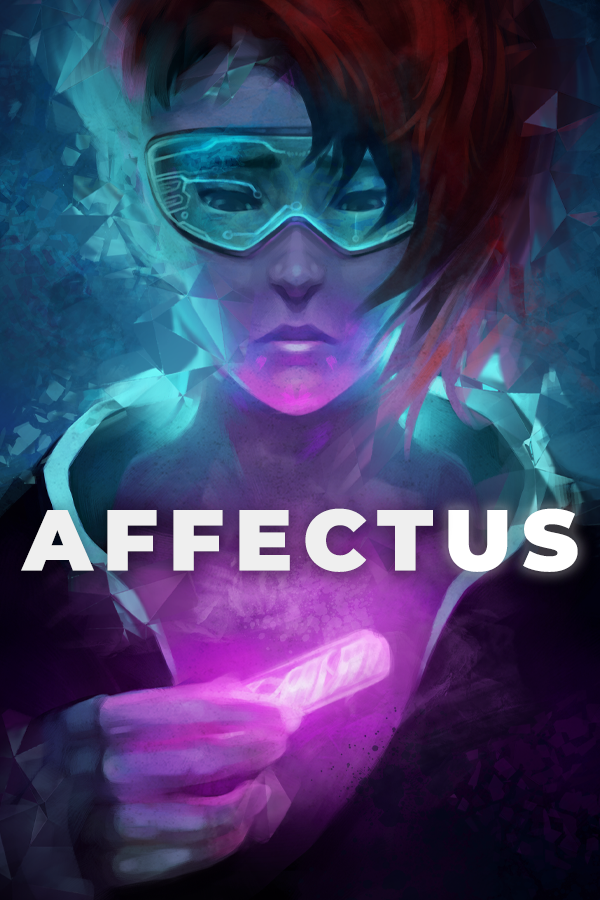

Shortly after my experience with the Burns book I came across this interesting piece by SE Smith in the Guardian. You may argue that the book was written twenty-five years ago, but let us not forget that CBT is the therapy most commonly delivered in the NHS, and for every warm and capable practitioner who struggles to deliver meaning in six sessions, and for every proponent of CBT who uses a modified form with wit and intelligence, I suspect there will be a dozen who are compiling a spreadsheet of ‘scores’ and working against the depression rather than with it.


The importance of being earnestĭavid Burns correctly identifies ‘negative thought’ as important, but he proceeds to attack it rather than ‘keeping faith’, and being a ‘consistent, chronic companion’ as James Hillman has it. It is interesting to note that while Saturn was paired with the Goddess Ops in later Roman times (a figure related to wealth and abundance), his original consort was Lua, a goddess associated with destruction, dissolution and loosening.

This is the importance of the negative against which we continue to defend ourselves. Depression slows us and devours us, we slow down and digest life’s events. In Greece he was known as Cronus (sometimes also identified with Chronos, and there’s the theme of time again), and in both the Roman and Greek myths Saturn/Cronus ate his children. Saturn Devouring His Son (Francisco Goya, 1819–1823) But Shani is also associated with the crow, a bird of ill-omen in many cultures, so there’s a darkness there and negativity. In Sanskrit, Saturn is called Shani, the Lord of Saturday (Saturn’s Day), literally ‘the one who moves slowly’ and who figuratively represents longevity and learning things the hard way. In the ancient Assyrian language of Akkadian, the planet we still call Saturn (long thought to be the most remote) was called kaiamanu, literally “constant, enduring”. The Roman god himself was a deity of agriculture, a figure who was credited for raising the Romans from barbarism to civilisation and social order, though one wonders what might have been lost in this transition (see my piece on Zombies in popular culture and the Neolithic bargain). The long trip to Saturn and back, often repeated, is an invitation not just towards melancholy or detachment, but also to creativity. To see Saturn as a metaphor for depression is to reach back into tradition and give depth to a state of being that often feels overwhelming. We want to see the forceps retrieve it, and drop it with a clatter into a kidney dish for grossed out inspection. But there is a hunger for the scalpel that will cut out the faulty part. Most people enter therapy with an intellectual understanding that it will take time. We have become accustomed to viewing our minds and bodies as mechanisms that can be engineered, tuned and generally spannered into well-being. Seeds are sown, sometimes they take time to germinate.Įxamined on its own merits CBT looks attractive, promising fast results and offering a ‘tool kit’. But with therapy, the effects may take years to come to fruition. As soon as something is deemed to be accountable it needs to be tracked, measured and assessed. It is accountable, which is both a value and a problem. through scoring) rather than subjectively. An Apollonian method prefers to examine what presents rather than what might lie beneath, and it is assessed objectively (e.g. When we are in the mode of Apollo, we value order and harmony. The far-darterīurns’ work, as with other cognitive and behavioural models, is Apollonian. Even more alarming was Burns’ suggestion that a score of 6-10 could do with some attention and that 0-5 was the target because ‘most people with scores this low feel pretty happily contented’. There are good reasons for my depression and I felt a stab of anger that not only should the life-changing events of people’s complex lives be regarded in such a baleful and intolerant light, however well-meaning, but that sufferers should also be blamed as the unconscious authors of their own distress. The state of my psyche then, and now, is not news to me.


 0 kommentar(er)
0 kommentar(er)
